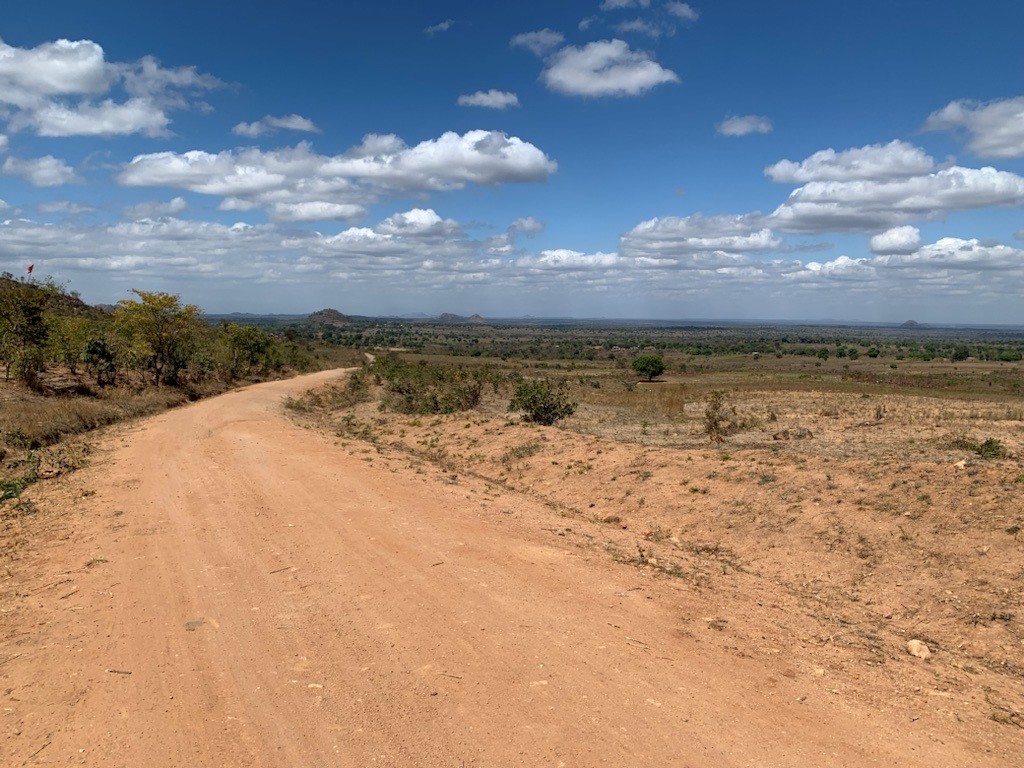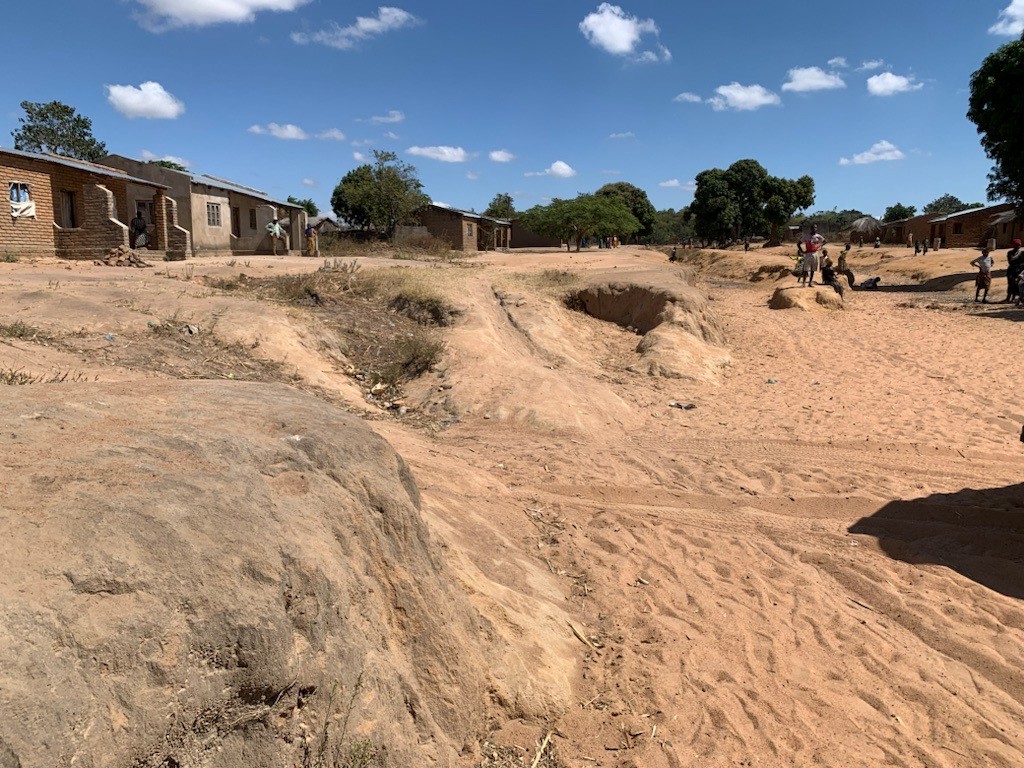People Spotlight: Meet François Trudeau
Our People Spotlight series gives you an inside look at our technical experts around the world. This week, we are highlighting an associate vice president and international project lead from our Environment business in Montreal, Quebec and providing you insight into their work leading major international projects.
François Trudeau is a geographer by training, specializing in geomatics and project management. His career at AECOM started in 1998 and since then, he has gained progressive experience in applied geomatics for national and international projects, particularly in Africa, the Caribbean and Asia. Prior to his current role as associate vice president and international project lead for the Environment business, François was a coordinator of the GIS (geographic information systems) and remote sensing department in our Montreal office.
His focus has been in environmental services and social impact assessment, resettlement of people affected by infrastructure projects related to watershed management, irrigation, rural water use, natural resource management, energy and transportation. Throughout his career, he has gained extensive major project experience for international clients, including projects in Benin, Ivory Coast and Malawi, financed by the Millennium Challenge Corporation (MCC), a U.S. international development agency.
Tell us about what inspired you to join the industry.
I’ve always been fascinated with leveraging computer science and geographic data to find data-driven solutions to the spatial information needs and requirements of multi-disciplinary studies in the environmental and social fields. So, I gravitated towards geomatics, a vast field of diversified and applied knowledge in geospatial data, and what I believe is the heart of infrastructure development. This includes geographic information systems, remote sensing such as satellite image processing or aerial imagery using drones, spatial database management and cartography.
The relevance of geomatics crosses many sectors and, as a result, I’ve had the opportunity to work with many teams, both in Canada and abroad, with inspiring project managers and very passionate and competent colleagues. Working with these great people for the last 25 years has been an amazing adventure. My curiosity and growth are continually fueled through these engaging and enriching human connections. In my current role as a project manager, what excites me the most is human resources management and the endless learning opportunities in this area.
I’ve always been fascinated with leveraging computer science and geographic data to find data-driven solutions to the spatial information needs and requirements of multi-disciplinary studies in the environmental and social fields.”
What is your favorite AECOM project that you’ve worked on and why?
I love complex projects — those that seem unrealistic and almost impossible to accomplish when you first read the project description or attend the first briefing. I was very fortunate to have been involved in several national rail transportation projects that have this characteristic of appearing almost impossible to accomplish at first sight. Most international projects fall under this category.
MCC-funded projects, whether in Burkina Faso, Benin, Ivory Coast, Mali, Malawi or Senegal — those that involve the resettlement of people affected by the project, and require a multicultural and multidisciplinary team — are, in my opinion, the most complex and rewarding. These projects have a strong social component, putting to good use all the knowledge and best practices developed at AECOM in the field of social studies, but also in geomatics and in the development of environmental and social management applications. They are a match for the most vulnerable populations in developing countries and the technologies applied to the resettlement and restoration of these people’s livelihoods.
So, if I had to choose a favourite project, it would have to be the project I’m currently managing in Malawi, a tiny but beautiful country in southern Africa. The Resettlement and Livelihood Restoration Services program is an investment in rural transportation infrastructure, and it aims to revitalize and develop the road infrastructure in four regions with high agro-economic potential. With improved roads, these rural areas should have greater access to markets as well as reduced transportation costs.
Our project will run for five years and involves preparing and implementing the resettlement and livelihood restoration plans for populations directly affected by the road project. All of this must be carried out in compliance with International Finance Corporation (IFC) Performance Standard 5 (PS5) on land acquisition and involuntary resettlement, one of the strictest standards in the world.
The Resettlement and Livelihood Restoration Services program is an investment in rural transportation infrastructure, and it aims to revitalize and develop the road infrastructure in four regions with high agro-economic potential. With improved roads, these rural areas should have greater access to markets as well as reduced transportation costs.”
Tell us a story of how your work positively impacted the community.
Most of the transportation and energy infrastructure development projects that I have been involved in have had a positive impact on local communities. In the field of environmental and social studies or resettlement, with MCC concerned with the implementation of impact mitigation measures, and fair and equitable compensation, the projects not only have long-term positive impacts for the communities affected, but they are also contributing to their enrichment through their active participation. This financing includes a robust plan for restoring the livelihoods of the people affected, in line with IFC’s principles and practices. In the end, people enjoy access to a source of energy or transportation infrastructure that offers them new opportunities. All this greatly improves the quality of their lives.
Share a piece of career advice.
Be curious and interested. Listen and question things. It’s your right. Seize and make the most of the opportunities you’ll get in this field — it’s a world full of rewarding challenges.








